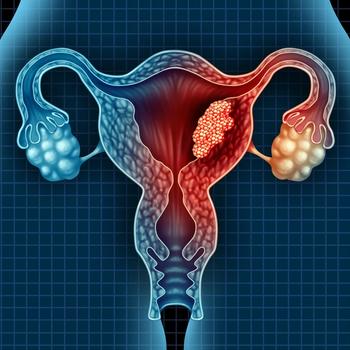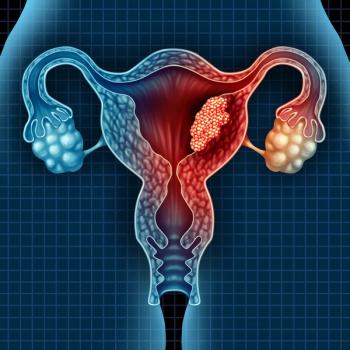
Oncology NEWS International
- Oncology NEWS International Vol 18 No 11
- Volume 18
- Issue 11
Hysterecomy fails to offer better disease control
A modified radical hysterectomy (class II) did not improve locoregional control and survival compared with simple extrafascial abdominal hysterectomy (class I). Investigators from University of Milano-Bicocca in Monza, Italy, randomized 520 patients with stage I endometrial cancer to class I or class II surgery. They found that the median length of parametria and vagina removed were 15 mm and 5 mm respectively for class I hysterectomy vs 20 mm and 15 mm for class II hysterectomy (P > .001). Operating time and blood loss were statistically significantly higher for class II hysterectomy. Five-year disease-free survival and overall survival was 87.7% and 88.9% respectively in the class I arm, and 89.7% and 92.2% in the class II arm (Ann Surg Oncol online, October 16, 2009).
A modified radical hysterectomy (class II) did not improve locoregional control and survival compared with simple extrafascial abdominal hysterectomy (class I). Investigators from University of Milano-Bicocca in Monza, Italy, randomized 520 patients with stage I endometrial cancer to class I or class II surgery. They found that the median length of parametria and vagina removed were 15 mm and 5 mm respectively for class I hysterectomy vs 20 mm and 15 mm for class II hysterectomy (P > .001). Operating time and blood loss were statistically significantly higher for class II hysterectomy. Five-year disease-free survival and overall survival was 87.7% and 88.9% respectively in the class I arm, and 89.7% and 92.2% in the class II arm (Ann Surg Oncol online, October 16, 2009).
Articles in this issue
about 16 years ago
Measure for measure: How to make practice benchmarks meaningfulabout 16 years ago
Ultrasound targets lymph node recurrence in breast cancerabout 16 years ago
JAMA article reignites debate over screeningabout 16 years ago
Moving at the speed of scienceNewsletter
Stay up to date on recent advances in the multidisciplinary approach to cancer.




































